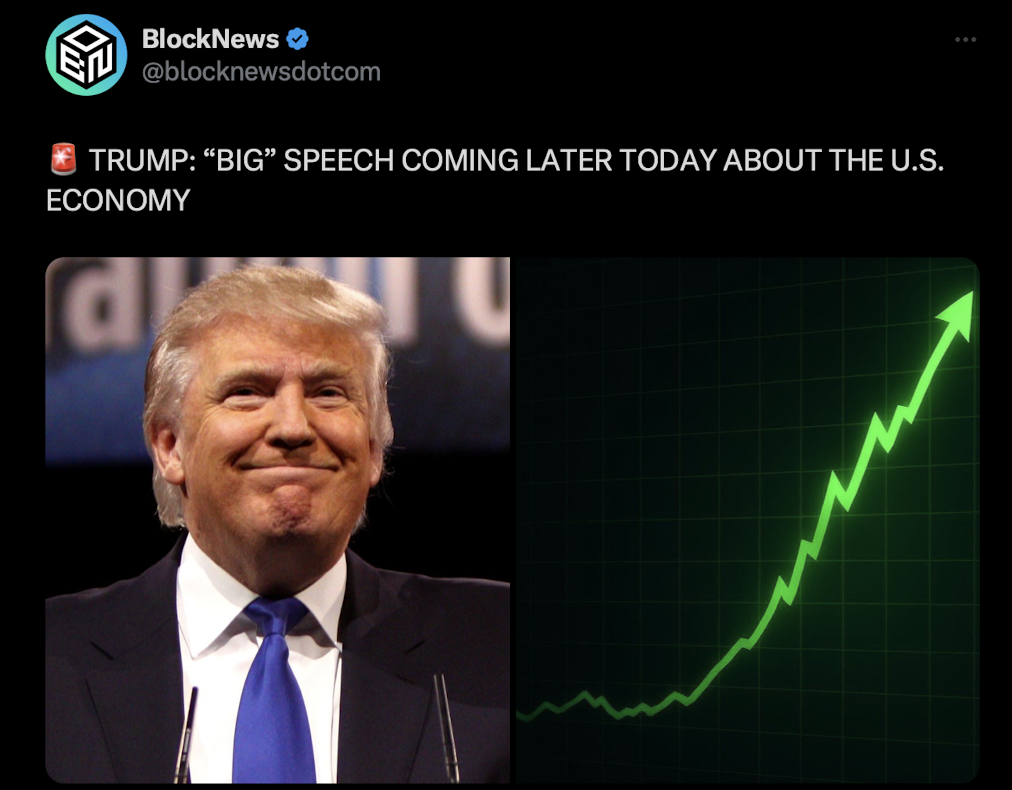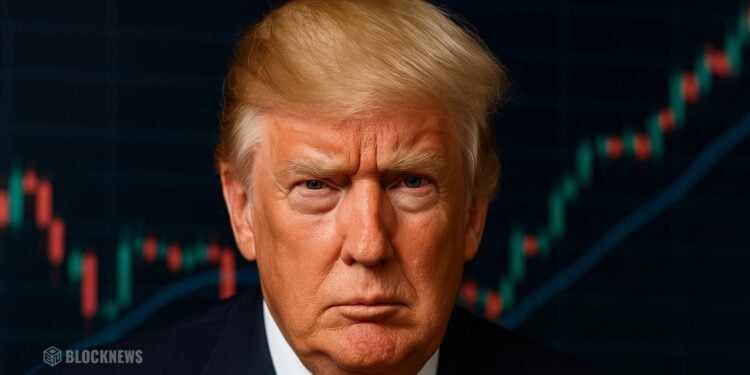- Trump traveled to Miami on the anniversary of his reelection to highlight what he calls his economic achievements, even as Democrats scored major wins in recent elections.
- During a White House breakfast, he blamed the ongoing 36-day government shutdown for hurting Republicans and urged ending the Senate filibuster — a move key senators immediately rejected.
- The shutdown continues to affect millions, while the Supreme Court reviews Trump’s controversial tariff policies, adding more pressure to his economic narrative.
President Donald Trump is set to visit Miami this week, marking the anniversary of his reelection to a second term. He’ll be addressing a forum of business leaders and global athletes, using the moment to highlight what he calls his major economic successes and defend his policies amid ongoing criticism.
His trip comes just one day after Democrats scored big victories in several state elections. Exit polls revealed that economic worries—including job security, inflation, and cost of living—remain top concerns for American voters.

GOP Frustrations Mount Over the Longest Government Shutdown
Before heading to Miami, Trump met privately with Republican senators at a breakfast meeting in Washington. According to those present, the president admitted that the 36-day government shutdown—the longest in U.S. history—had been “a big negative” for the party in recent elections.
Trump urged senators to end the gridlock by eliminating the Senate filibuster rule, which requires a 60-vote threshold for most bills. However, one GOP lawmaker dismissed the idea immediately, saying simply, “That’s not happening.”
The shutdown’s impact continues to spread. Federal programs are frozen, airports face delays, and hundreds of thousands of workers remain unpaid. Democrats have demanded Trump reopen the government first, while the president insists negotiations will only resume once they agree to his conditions.
Supreme Court Reviews Trump’s Tariff Policies
As Washington remains at a standstill, the U.S. Supreme Court began hearing oral arguments on Trump’s tariff policies—a defining piece of his economic and foreign policy agenda.
The tariffs, which have affected trade with major allies like Canada, China, and Mexico, are now being challenged as an overreach of executive power. Legal experts say the outcome could reshape how much authority future presidents wield over global commerce.
Miami Speech Expected to Double Down on Economic Messaging
Trump’s upcoming speech in Miami will focus heavily on economic growth, trade policy, and American manufacturing. Aides say the president will tout rising stock markets and business confidence as proof that his approach is working.
However, critics argue that his policies—especially the prolonged shutdown and tariff wars—have damaged U.S. credibility abroad and strained domestic stability.
Even so, Trump’s message is expected to remain defiant: that his administration’s hardline economic stance is essential to protecting American workers and restoring national strength.














